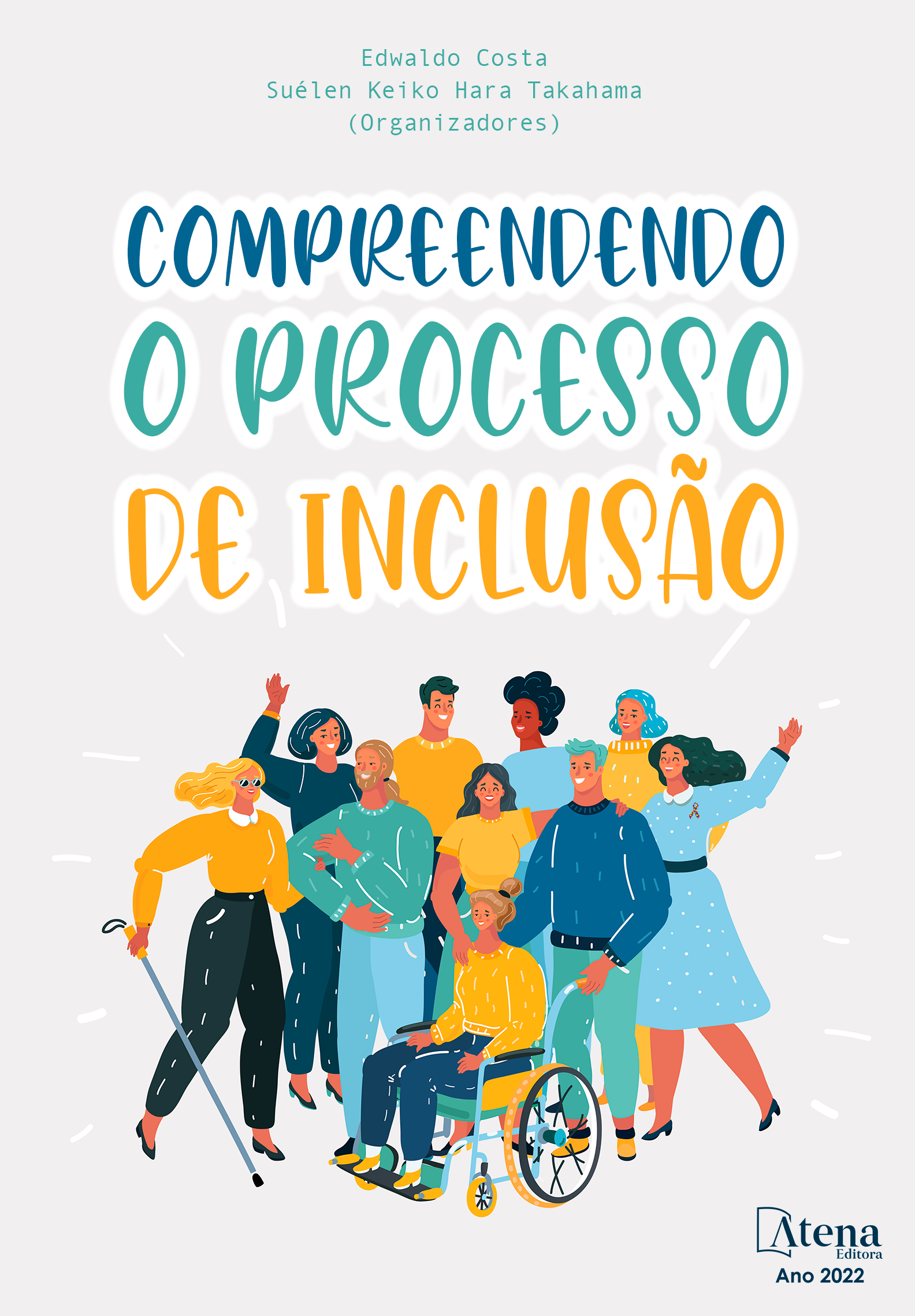
DA EXCLUSÃO À INCLUSÃO DA “EDUCAÇÃO PARA AS RELAÇÕES ÉTNICO-RACIAIS” NA LEGISLAÇÃO BRASILEIRA
A educação é um processo social fundamental para o desenvolvimento da sociedade, sob a perspectiva da formação de sujeitos autônomos e capazes de construir uma sociedade pautada no acesso aos direitos sociais. Em busca da promoção de uma mudança social e cultural da visão de inferiorização dos povos indígenas e afro-brasileiros que perpassam a história do nossos país, diferentes parcelas da sociedade, principalmente o Movimento Negro, contribuem na problematização das relações étnico-raciais visando a promoção da diversidade social, histórica e cultural que, inegavelmente, constituem o Brasil. A aprovação de leis direcionadas à obrigatoriedade do ensino da história e cultura afro-brasileira e indígena representa uma conquista para a educação brasileira por proporcionar o reconhecimento da pluralidade da nossa sociedade. Logo, iremos fazer um breve percurso histórico, sem pretensão de exaustividade, para nos possibilitar um olhar crítico diante das marcas históricas e das contradições geradas com a inserção do negro no acesso à escola e ao saber construído pela humanidade. Considerando os mecanismos internos e cotidianos de exclusão como marcas da história da educação brasileira, analisaremos a trajetória do acesso à escola e escolarização da população negra, ressaltando os aspectos de exclusão, resistência e inclusão do negro na busca pelo acesso à educação. Portanto, a partir da análise dos principais marcos legais para a educação das relações étnico-raciais, discutiremos aspectos relacionados à Constituição de 1988, assim como a Lei de Diretrizes e Bases da Educação de 1996, ambas as legislações voltadas para a promoção da dignidade de todos e no reconhecimento da diversidade. Abordaremos também, alguns elementos fundamentais da Lei 10.639/03, das Diretrizes Curriculares Nacionais para a Educação das Relações Étnico-Raciais instituídas em 2004 e da Lei 11.645/08, como legislação para a educação das relações étnico-raciais a partir da instituição da obrigatoriedade do ensino de história e cultura afro-brasileiras. O debate acerca dos dispositivos legais assume relevância por se constituírem como promotores de uma política educacional voltada para a afirmação da diversidade cultural e da concretização de uma educação das relações étnico-raciais nas escolas.
DA EXCLUSÃO À INCLUSÃO DA “EDUCAÇÃO PARA AS RELAÇÕES ÉTNICO-RACIAIS” NA LEGISLAÇÃO BRASILEIRA
-
DOI: 10.22533/at.ed.8512218057
-
Palavras-chave: Relações étnico-raciais, legislação, educação.
-
Keywords: Ethnic-racial relations, legislation, education.
-
Abstract:
Education is a fundamental social process for the development of society, from the perspective of the formation of autonomous subjects capable of building a society based on access to social rights. In search of the promotion of a social and cultural change of the vision of inferiorization of the indigenous and Afro-Brazilian peoples that permeate the history of our country, different parts of society, mainly the Black Movement, contribute to the problematization of ethnic-racial relations with the aim of promoting of the social, historical and cultural diversity that undeniably make up Brazil. The approval of laws aimed at the mandatory teaching of Afro-Brazilian and indigenous history and culture represents an achievement for Brazilian education by providing recognition of the plurality of our society. Therefore, we will make a brief historical tour, without claiming to be exhaustive, to enable us to take a critical look at the historical marks and contradictions generated with the insertion of black people in access to school and to the knowledge built by humanity. Considering the internal and daily mechanisms of exclusion as marks of the history of Brazilian education, we will analyze the trajectory of access to school and schooling of the black population, highlighting the aspects of exclusion, resistance and inclusion of black people in the search for access to education. Therefore, based on the analysis of the main legal frameworks for the education of ethnic-racial relations, we will discuss aspects related to the 1988 Constitution, as well as the 1996 Education Guidelines and Bases Law, both legislations aimed at promoting the dignity of all and in the recognition of diversity. We will also approach some fundamental elements of Law 10.639/03, of the National Curriculum Guidelines for the Education of Ethnic-Racial Relations instituted in 2004 and of Law 11.645/08, as legislation for the education of ethnic-racial relations from the institution of mandatory teaching Afro-Brazilian history and culture. The debate about the legal provisions assumes relevance because they constitute themselves as promoters of an educational policy aimed at the affirmation of cultural diversity and the realization of an education of ethnic-racial relations in schools.
-
Número de páginas: 15
- André Augusto Diniz Lira
- Valeska Nogueira de Lima


